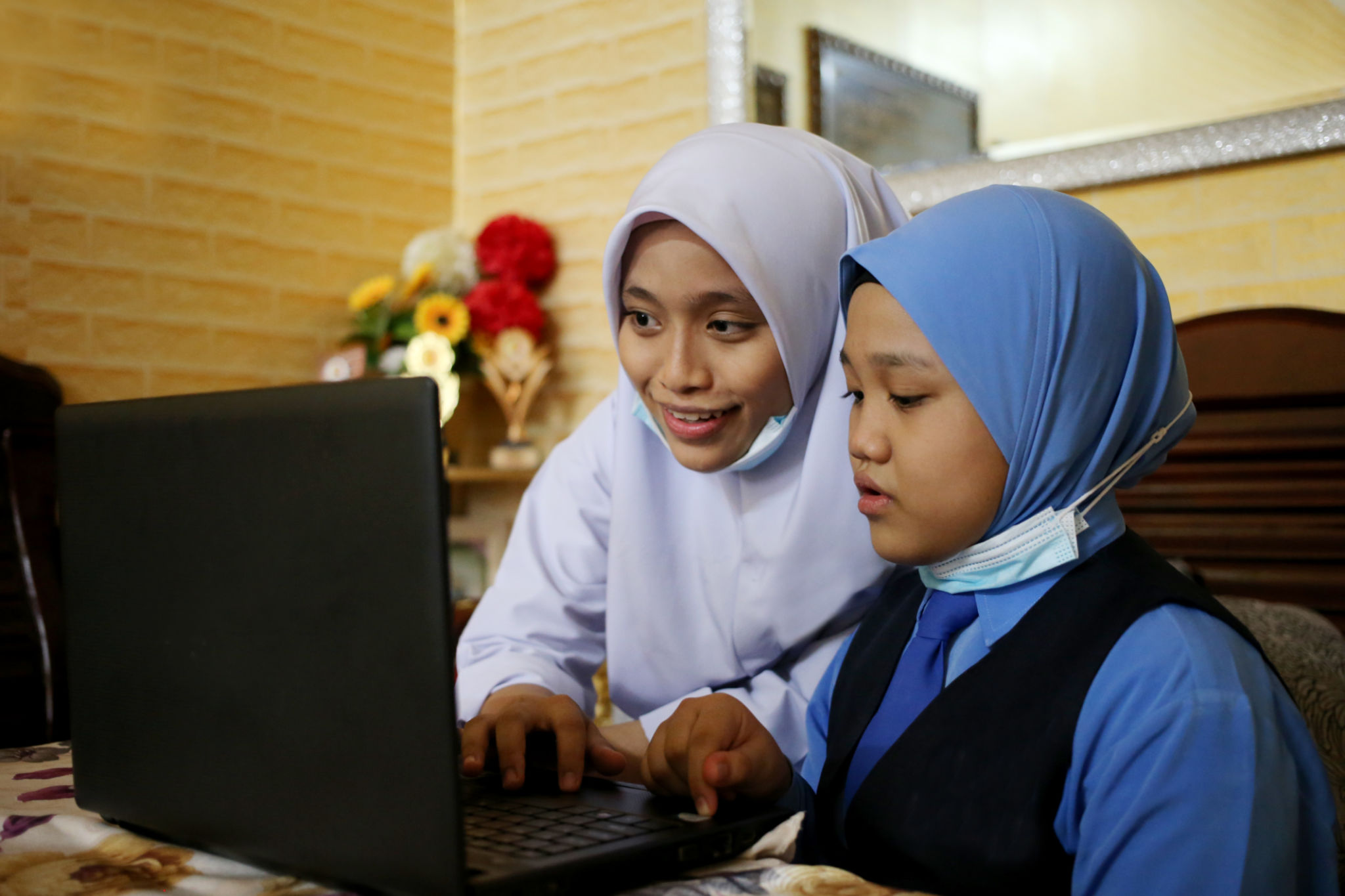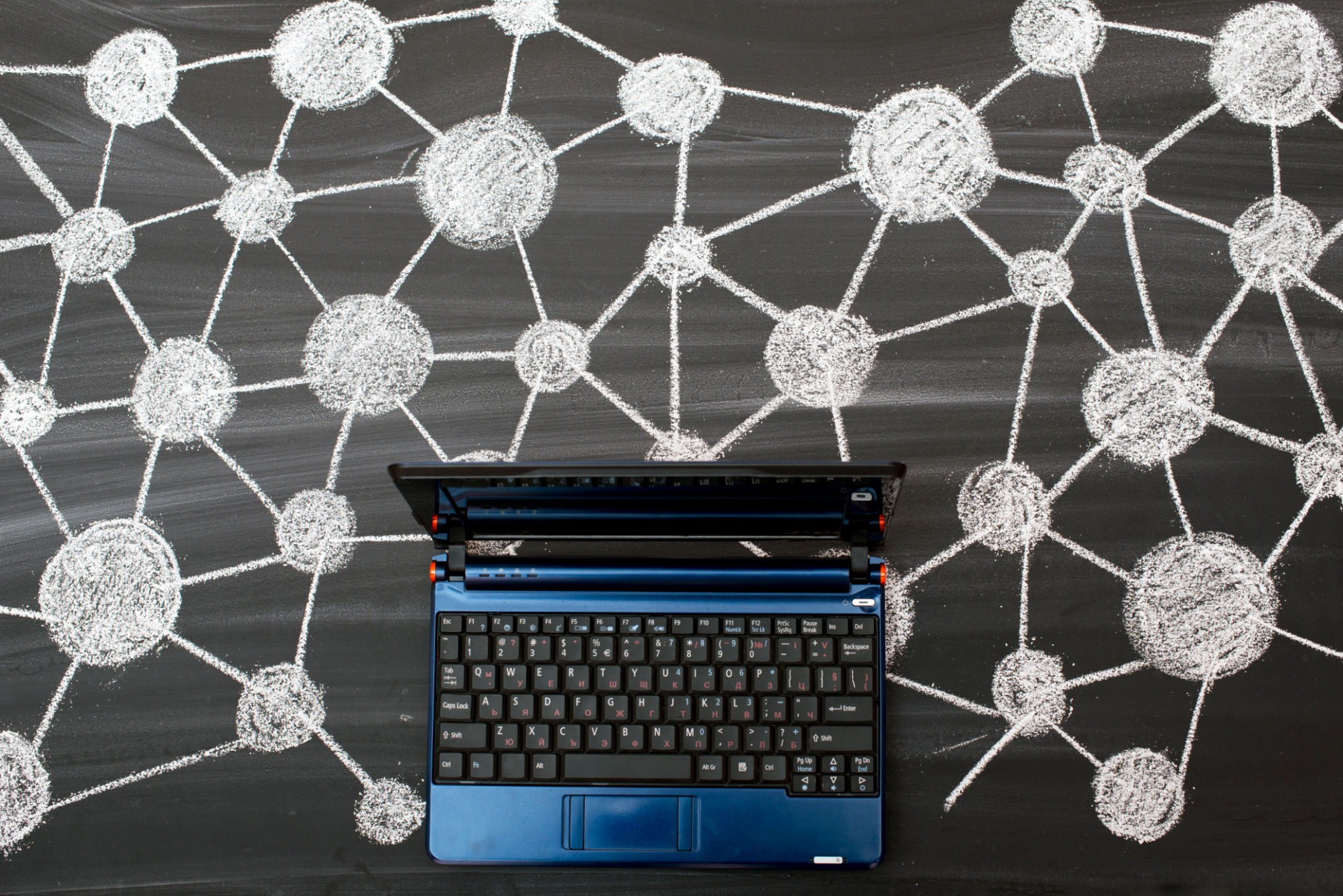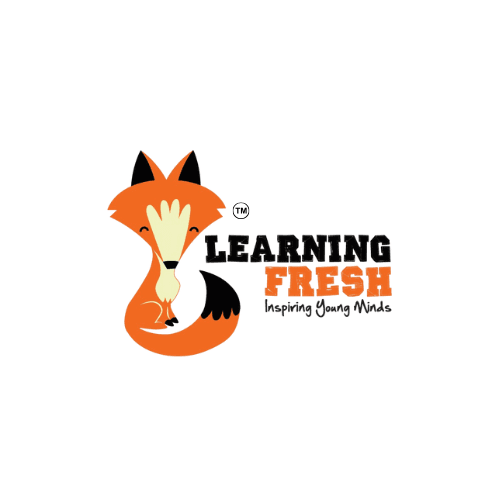Latest Trends in Education Technology in Malaysia
Introduction to Education Technology in Malaysia
Education technology, or EdTech, is rapidly transforming how students learn and teachers instruct across the globe. Malaysia is no exception, as the country embraces digital tools to enhance educational experiences. This blog post explores the latest trends in education technology that are reshaping the educational landscape in Malaysia.
With a focus on innovation and accessibility, Malaysian schools and institutions are integrating technology to foster a more engaging and effective learning environment. From interactive learning platforms to artificial intelligence-driven tools, the applications of EdTech are broad and impactful.

Interactive Learning Platforms
One of the most prominent trends in Malaysian education technology is the adoption of interactive learning platforms. These platforms provide students with access to a wide range of resources and learning materials, making education more engaging and personalized. Platforms like Google Classroom and Moodle are increasingly used to facilitate virtual classrooms and manage assignments efficiently.
Moreover, local developers are creating platforms tailored to the Malaysian curriculum, ensuring that students receive a localized education experience. These platforms often incorporate gamification elements, making learning fun and motivating for students.
Artificial Intelligence in Education
Artificial Intelligence (AI) is another significant trend in the Malaysian education sector. AI-powered tools are used to personalize learning experiences, offering customized content based on a student's individual needs and progress. This technology helps identify areas where students may require additional support and provides targeted resources to bridge gaps in understanding.

AI is also employed in administrative tasks, streamlining processes such as grading and attendance tracking. By automating routine tasks, educators can focus more on teaching and less on paperwork, ultimately enhancing the quality of education.
Virtual Reality and Augmented Reality
The use of Virtual Reality (VR) and Augmented Reality (AR) is gaining traction in Malaysian classrooms, providing immersive learning experiences that traditional methods cannot offer. VR and AR technologies allow students to explore complex subjects, such as science and history, in an engaging and interactive manner.
For instance, students can take virtual field trips to historical sites or dive deep into the human body to understand biological processes. These technologies not only make learning more exciting but also improve retention by providing real-world contexts.

The Role of Mobile Learning
Mobile learning is becoming increasingly important as smartphones and tablets become ubiquitous among students. Malaysian educators are leveraging these devices to deliver educational content anytime, anywhere. Mobile apps offer flexibility in learning, allowing students to study at their own pace and revisit materials as needed.
The use of mobile technology also supports collaborative learning, enabling students to connect with peers and teachers through chat functions and discussion boards. This connectivity enhances communication and fosters a sense of community among learners.
Challenges and Future Prospects
While the integration of technology in education presents numerous benefits, it also poses challenges. Issues such as digital inequality and lack of infrastructure in rural areas need to be addressed to ensure that all students have equal access to these advancements.

The future of education technology in Malaysia looks promising, with continued investments in digital infrastructure and a growing emphasis on teacher training in tech adoption. As these challenges are overcome, Malaysia is poised to become a leader in innovative educational practices.
In conclusion, the latest trends in education technology are transforming the Malaysian education system, making it more dynamic, inclusive, and effective. By embracing these technologies, Malaysia is paving the way for a future where every student has the opportunity to succeed in an increasingly digital world.
